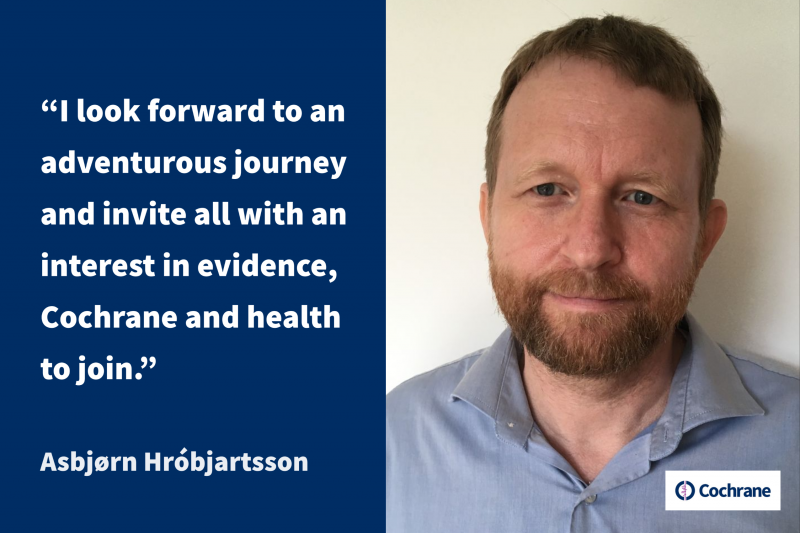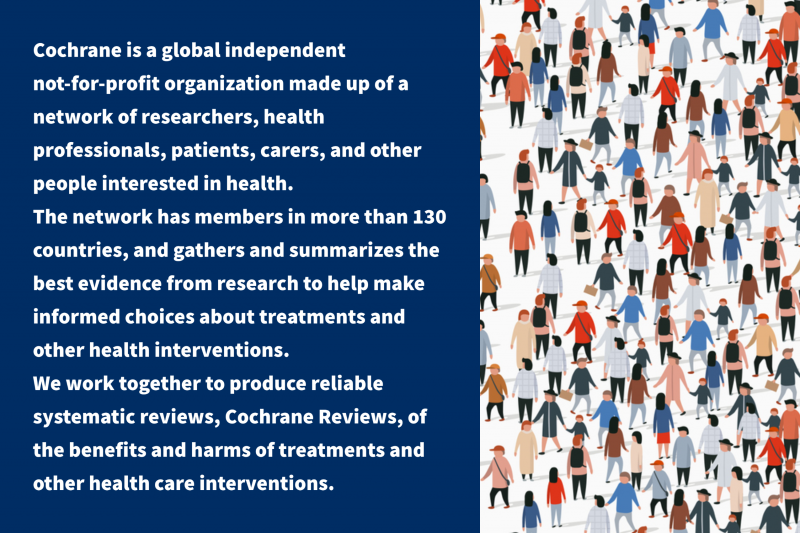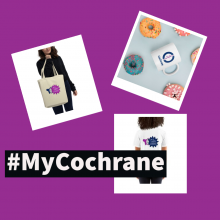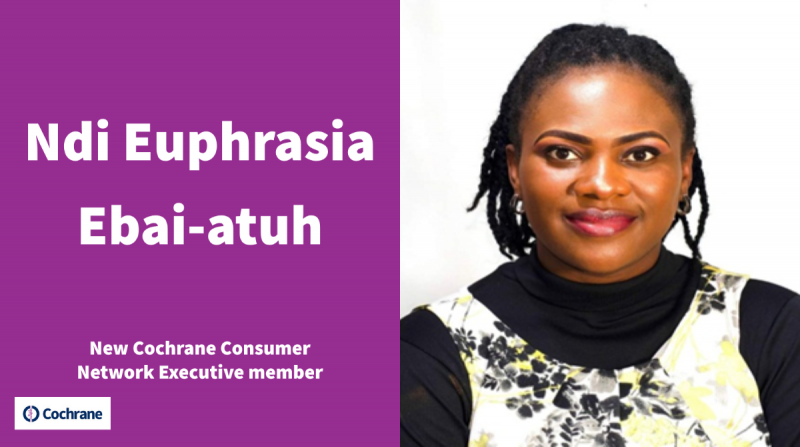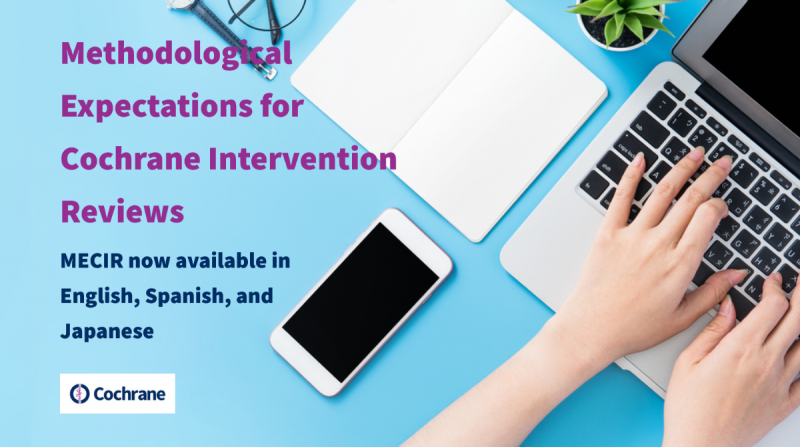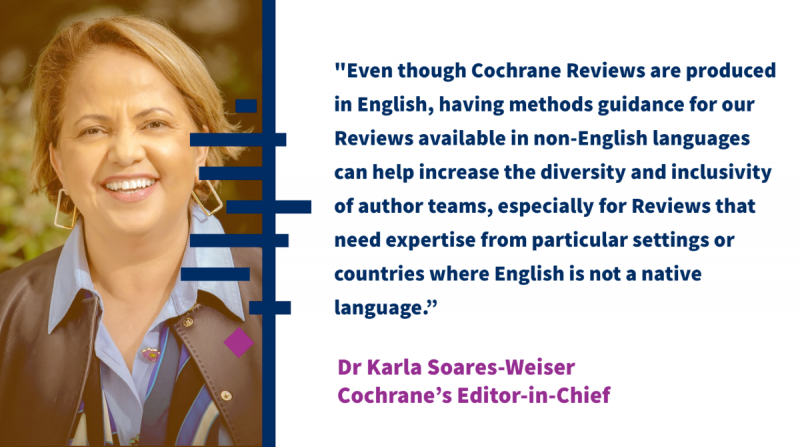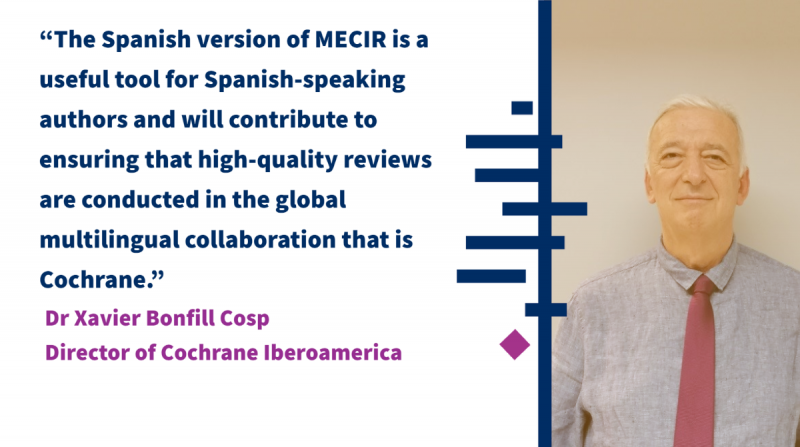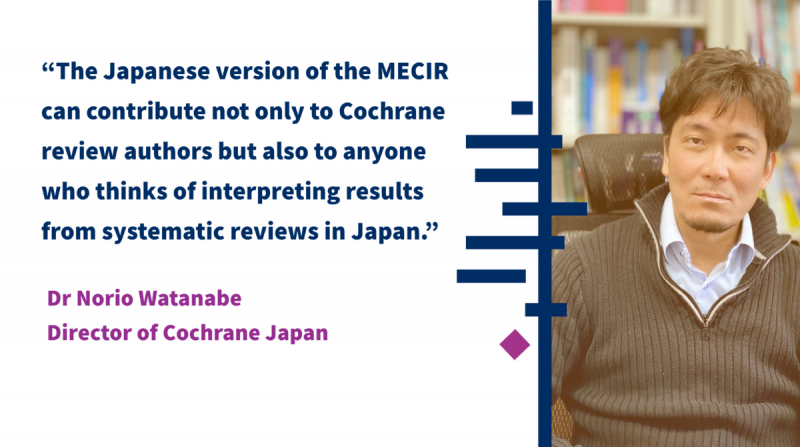Welcome to the fourth annual Cochrane Methods report compiled by the Methods Team in the Central Executive Team (CET) to provide an overview of the key methodological developments in Cochrane over the past year. The report highlights the importance of our Methods community, particularly Cochrane Methods Groups and their members, in continuing to improve the relevance, quality and timeliness of Cochrane reviews. Major developments this year have included…
Rapid Reviews and Living Systematic Reviews come to the forefront in Cochrane’s COVID-19 response
As the World Health Organisation declared coronavirus (COVID-19) a global pandemic in March 2020, pressures mounted to ensure interventions to treat and prevent COVID-19 were based on evidence. As part of Cochrane’s response, working with the Rapid Reviews Methods Group, we developed processes for the production of Cochrane Rapid Reviews on COVID-19 so decisions that needed to be made quickly, could be made on evidence. As of 23 November 2020, Cochrane has published nine COVID-19 Rapid Reviews, with another seven in development. Living Cochrane Reviews have also taken centre stage as primary research has evolved dramatically since early 2020, and health decisions need to be made to the most up-to-date evidence. As of 23 November 2020, Cochrane has published six COVID-19 Living Reviews, with another six in development. You’ll be able to read more about rapid reviews and living reviews as part of Cochrane’s COVID-19 response in the 'Collaborating in response to COVID-19: editorial and methods initiatives across Cochrane’ CDSR supplement, due to publish in December 2020.
Methods Support Unit establishes its position supporting Cochrane Review Groups
The Methods Support Unit (MSU) launched in October 2019 and includes one part-time Statistical Editor, one part-time Epidemiological Editor, a fulltime Systematic Review Methodological Editor and a short-term, part-time Statistical Editor. Since then we have responded to 443 requests for support or peer review of protocols, full reviews and updates. This support ranges from specific advice and comment to individual review authors and Cochrane Review Groups (CRGs) through to development of materials that can be shared widely through the Cochrane community. Our support has predominantly been for complex methods including: network meta-analysis (NMA); non-randomised studies (NRS); Risk of Bias 2 (RoB 2); Synthesis Without Meta-analysis (SWiM) and for COVID rapid-review protocols and full reviews. We’ve developed three protocol templates for standard intervention reviews, reviews including NMA and reviews including NRS. We’ve delivered editorial training on RoB 2 to Networks and CRGs, created checklists for including RoB 2 in protocols and reviews and provided discussion space through monthly Web Clinics. In addition, we’ve organised two webinar series: one for network meta-analysis, which included five webinars, and one for RoB 2, which included 9 webinars.
The MSU also hosts a monthly Web Clinic, which is currently dedicated to RoB 2 and open to all Cochrane authors and CRG staff memebrs.
From pilot to phased implementation of Risk of Bias 2
A lot of work has been done in 2020 to understand the experience of Cochrane authors and editors using the use the new Risk of Bias 2 (RoB 2) tool, and to put the necessary training, guidance and technology in place to support a wider uptake in Cochrane Reviews. As of 23 November 2020, RoB 2 is being used, or planning to be used, in more than 80 Cochrane Reviews across 35 Cochrane Review Groups (CRGs). The Cochrane Editorial Board has posted a position statement on RoB 2 in Cochrane and the expectations for Cochrane Review Groups going forward, which takes on board the experiences of authors and editors during the pilot so far. The recommendations highlight that the use of RoB 2 is the preferred tool to assess RCTs in Cochrane Intervention Reviews, but it is not mandatory, with more details in the full post. Additional community items detail what you need to know about RoB 2 in Cochrane and what we’ve learnt during the pilot, as well as the release of an introductory leaflet with short videos, the RoB 2 Starter Pack and detailed FAQs (all available via Cochrane Methods: methods.cochrane.org/risk-bias-2).
Read the first review from the pilot (Physical activity interventions for people with congenital heart disease) and accompanying Editorial for more information.
Other priority methods projects in Cochrane
Other key developments include:
Following feedback from the Cochrane Review Groups (CRGs) and Cochrane Methods Groups, the Methods Team are developing the Cochrane Methods website to create a go-to place for CRG staff, Cochrane authors and members of the Cochrane Methods Network to get the most up-to-date information on these methods projects. Watch this space for updates soon!
Achievements and contributions from the Methods Groups
The Cochrane Central Executive Team greatly appreciate the expertise and contributions of the Cochrane Methods Groups. In fact, this year we want to showcase the Groups and bring their contributions to the fore. A full overview of the outputs in methods research and development, best practice and guidance, methods implementation, as well as publications and other achievements from each of our 17 Methods Groups can be found via the links in the box below. To give you a quick overview of their main achievements we have created summary reports. We are also pleased to share the annual highlight from each Methods Group. You can access all this by exploring the links in the box below.
To further highlight the work of the Methods Groups, Cochrane has launched a series of ‘A Day With..’ events to highlight the people behind Cochrane’s 17 Methods Groups and how their work contributes to Cochrane’s mission. The series kicked off with the Information Retrieval Methods Group on 22 October, followed by the GRADEing Methods Group on 18 November, and more to be announced in 2021.
Cochrane Handbooks and methods guidance
Following the launch of the Cochrane Handbook for Systematic Reviews of Interventions in July 2019, we have now announced the first update to the online version. Version 6.1 of the Handbook launched in September 2020 with minor changes. This also includes the chapter on overviews and online supplementary materials. Over the last, year updates have also been made to the Methodological Expectations for Cochrane Intervention Reviews (MECIR) to reflect the new Handbook.
The Cochrane Handbook for Diagnostic Test Accuracy Reviews continues to develop under the leadership of Jon Deeks and Patrick Bossuyt, Senior Scientific Editors, with Mariska Leeflang (Associate Scientific Editor), Yemisi Takwoingi (Associate Scientific Editor), Laura Mellor (Editorial Assistant) and Ella Flemyng (Managing Editor). The first chapters are out to peer review and an update on the status of the project will be shared in early 2021.
Methods community
Co-Chaired by Julian Higgins and Jo McKenzie, we hosted a virtual Methods Symposium in February 2020 on developing robust review protocols with increasingly diverse evidence. Joined by researchers from across the Methods Groups, talks included issues with pre-specification, the notion of PICO for synthesis, the problem of multiplicity, NMA, qualitative evidence, adverse effects and test accuracy. Full details and recording are available here.
Following consultation with the Methods Groups and Cochrane Review Groups, we have recently announced the new Cochrane Methods Network with a new portal where you can sign up to be part of the Cochrane Methods Network and specific Methods Groups. New members are also sent a welcome pack detailing how you can get more involved. Next we’ll be looking at how TaskExchange could better meet the needs of the methods community and Cochrane Review Groups. Our overall aim is to build a broad, diverse and well-connected community of methodologists to foster innovation and support the production of high-quality Cochrane Reviews; watch this space as the project develops!
We say goodbye and thanks to the following:
Yemisi Takwoingi stepped down from the Cochrane Council and the associated position on the Cochrane Methods Executive
Ian Shemilt and Luke Vale, Co-Convenors, Economics Methods Group
Sally Crowe, Co-Convenor, Priority Setting Methods Group
Maroeska Rovers, Co-Convenor, IPD Meta-Analysis
Rob Scholten, Associate Scientific Editor for the Cochrane Handbook for DTA Reviews
And we welcome:
Sarah Nevitt to the Cochrane Council as methods representative, with the associated position on the Methods Executive. A news post on the appointment is here
Mona Nasser and Jamie-Hartmann-Boyce to the Cochrane Scientific Committee. A news post on their appointment is here
Denny John is appointed Convenor Chair of the Economics Methods Group
Pauline Sobiesuo, Co-Convenor Economics, Methods Group
Kevin Pottie and Elizabeth Kristjansson, Co-Convenors, Equity Methods Group
Sumanth Kumbargere Nagraj, Co-Convenor, Priority Setting Methods Group
Declan Devane, Co-Convenor, Rapid Reviews Methods Group
Kayleigh Kew, Senior Editor for Methods (Editorial and Methods Department)
Simon Turner, Statistical Editor in the Methods Support Unit (Editorial and Methods Department)
With respect and best wishes,
Ella Flemyng
Methods Implementation Manager
Originally posted on Cochrane Methods


